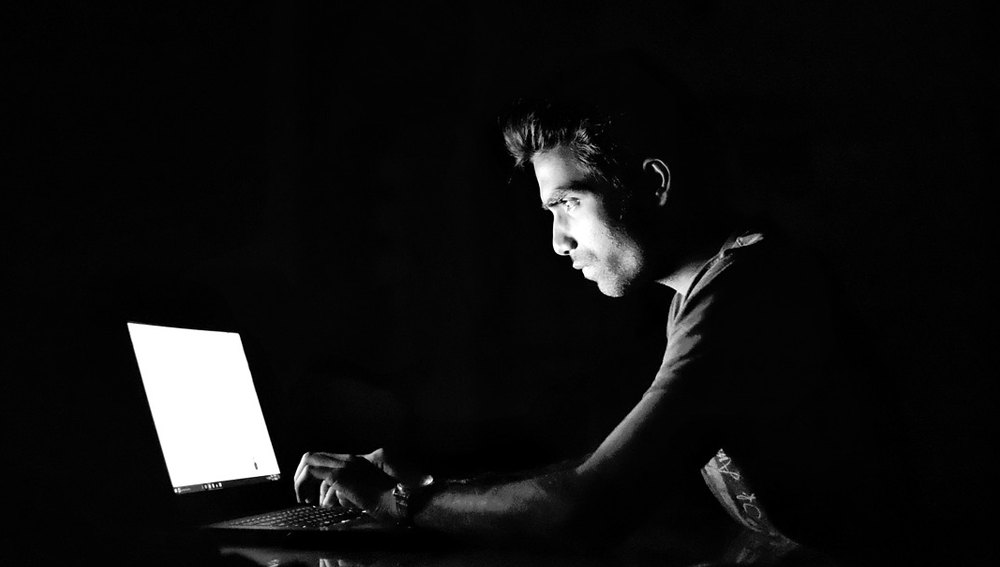Social media is perhaps one of the biggest contradictions in our lives. “Social” suggests a personal level of interaction with friends and colleagues. However, “Media” is universal: and that’s the key, we use social media and surf the internet as if it’s a private playground. We use it day and night and sometimes when we should know better and fire off short funny or emotional bursts of thought and forget about them, regret them or try to delete them.
But: whatever you say, show, or write, is out there potentially for ever and for everyone.
Even the most internet savvy sophisticated people should be made aware of certain online risks.
Friends may pass information on to their friends who you don’t know. Criminals or simply malicious trolls may down the line get hold of something that could hurt you, embarrass you or even ruin you.
It’s like living in a village where everyone will find out about everyone’s business sooner or later!
Employers will look at a job applicants social media footprint. Why?
Reasonably, they want to see if you are suitable, and of course they want to be able to see through a faker in the interview.
If you have posted information that you are still a wild party animal who regularly has to call in sick – that job may need to be given to somebody more suitable.
Criminals will sweep the internet and social media looking for information and “suckers”. Scraps of personal information can be collected over time and built into a picture of who you are. This can help build a scam story referencing information that makes them credible – sometimes so sophisticated, they know your soft spots and any raw nerves on politics, social issues and passions. They can also discover that you were in Malaga all week with your flatmate – empty flat, easy pickings?
Hackers/cyber thieves can also pick up your possible passwords (birthday pictures, name of a favourite niece) and steal your identity, using it to make purchases or write vile abuse about a work colleague for which you would get the blame.
Of course, you are entitled to a private life and of course you can still use the internet and social media – but these things are happening every day.
You need to help yourself.
8 cybersecurity de-risking tips
To help in your internet life, we have prepared 8 tips on how to protect yourself and perhaps ensure you don’t shoot yourself in the foot when presenting yourself to the outside world.
- Always make sure you update the programs on your computer regularly
- Ensure you have some anti-virus and anti-malware defence.
- Use a strong password – one that uses keys from the whole pad – eg symbols and numbers. Instead of 26 letters you have over 40 keys!
- Try to avoid free WiFi for anything other than surfing and use a personal hotspot on your phone.
- Learn how to use the social media sites properly and use their privacy features to restrict strangers’ access to your profile.
- NEVER share your personal information, such as government issued ID numbers, birthdate, credit card or bank account numbers on social media (and think twice about it on private emails).
- Be careful about what you say, what pictures you post, what you re-tweet and accepting your not-so-close ‘friends’ requests.
- If you are a victim of fraud or theft – or a threat of blackmail – contact the police. Every authority has a cyber-crime division – you are not alone. Action Fraud is the UK’s national reporting centre for fraud and cybercrime If you have been scammed, defrauded or experienced cyber-crime in England, Wales and Northern Ireland you can report it any time, day or night, using Action Fraud’s online reporting tool.
Criminals aren’t that selective
Finally, don’t think because you are a “nobody” a criminal isn’t going to be bother – they’ll strip you of what little you’ve got but then move on to your friends and family.
Be diligent with your information, follow the tips above, and you and your information will be safer!
Further reading
Why we setup Services Family Ltd
